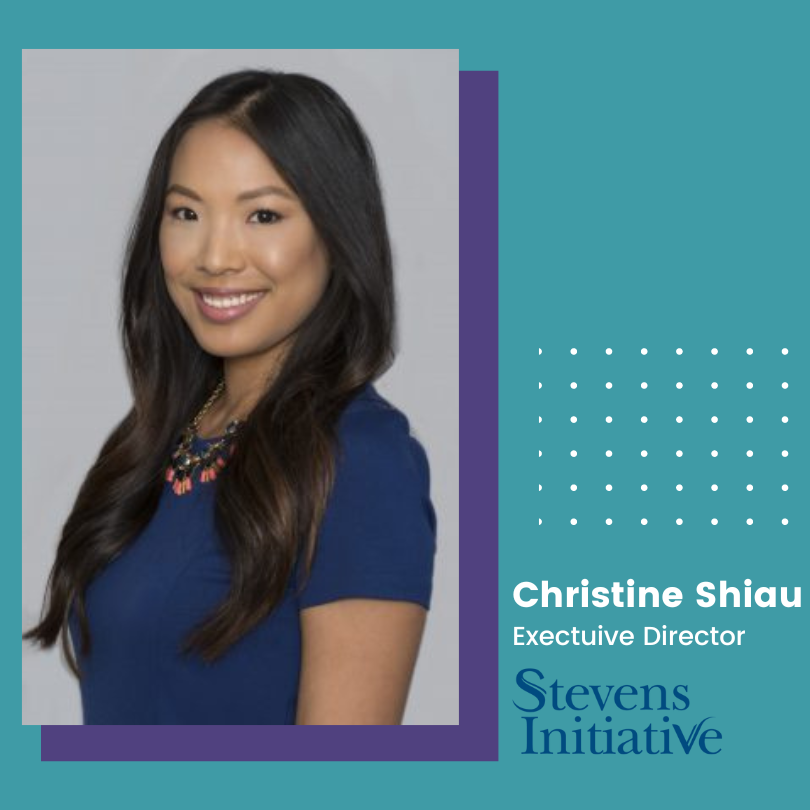Introduction
Christine Shiau |Executive Director, The Stevens Initiative at the Aspen Institute

The Stevens Initiative is delighted to partner with Diversity Abroad on the spring 2023 Global Impact Exchange. Every young person deserves the opportunity to gain the skills and
friendships that come from global experiences. Virtual exchange has incredible potential to make global education more accessible and equitable than ever before. At the same time, we
recognize that virtual exchange faces barriers to diversity, equity, inclusion, and access (DEIA)
that are both perpetual and emerging within the broader global education field. Efforts like this
GIE edition allow us to proactively address these challenges at a time when virtual exchange is
growing and evolving. We aspire for everyone, regardless of their familiarity with virtual exchange, to gain valuable insights from this edition that will improve understanding of how this
emerging practice intersects with equity and access in all areas of global learning.
We’re heartened to see the significant interest in and commitment to improving virtual exchange practice included in the response to this call for articles. Educators, scholars, and administrators are advancing the virtual field by designing programs and facilitating research that puts DEIA first, as evidenced by the programs detailed here. We’re doubly excited that this interest isn’t just from the U.S.-based individuals, but, in the spirit of exchange, that this edition includes multiple perspectives from a wide variety of international communities and identities. This edition of GIE highlights pedagogy that can be adopted across the virtual exchange field, often using specific programs as case studies. Notably, while many of these articles articulate the power of virtual exchange to reach and include many diverse participants, they also point out how far there still is to go in fully meeting the potential that virtual exchange promises.
As you read, we hope you’ll reflect on how these learnings and best practices can inform your own work. From designing programs that are inclusive of adult learners to addressing power imbalances to tackling the digital divide, these articles unpack how and why we must remain vigilant in creating a field that can avoid the pitfalls of the past and face the challenges of the future head on. We are just as inspired by the articles addressing the persistent challenges that complicate virtual exchange as we are by those which encourage its widespread adoption.
While the path ahead requires significant commitment and dedication, this edition provides an optimistic view of the future of virtual exchange. By working together to address the many intersections of DEIA and virtual exchange, we can ensure that every young person has an impactful global education experience, no matter their background or identity.
Please share your reflections and ideas with us at [email protected]. We also invite Diversity Abroad members to join the conversation on our online community forums.
Editorial Board
The main task of the Editorial Advisory Board is to review article submissions for the Diversity Abroad Quarterly publication. While not a peer-reviewed academic journal, the Diversity Abroad Quarterly publication compiles articles to advance domestic and international conversations around diversity, inclusion, and equity in global education with respect to the thematic focus identified each quarter.
- Helena Gillespie | Professor Of Learning and Teaching in Higher Education, School of Education & Lifelong Learning, University of East Anglia
- David Wick | Associate Professor, International Education Management, Middlebury Institute of International Studies
- Kyle Kastler | Program Manager, The Stevens Initiative
- Haili Lewis | Program Manager, The Stevens Initiative
Table of Contents